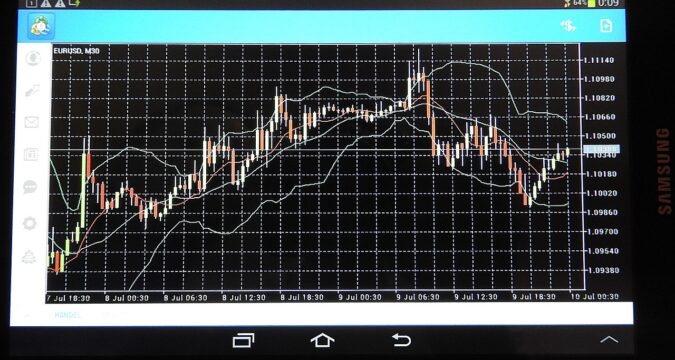
On Friday, European stock indexes declined and the US 10-year yield remained close to 2% because of red-hot US inflation data, which increased investor expectations of a tightening of the monetary policy by the Federal Reserve. On Thursday, new data released showed that there had been the biggest annual increase in US consumer prices in 40 years. This news gave rise to speculation that the Fed will hike rates in March by almost 50 basis points, instead of 25. This hit global stock markets because investors’ appetite for risk-sensitive assets is generally reduced due to the expected tightening of monetary policy.
The data prompted Wall Street indexes to fall and the weakness was evident throughout the Asian session. There was a 0.4% decline in the MSCI world equity index that tracks shares of almost 50 countries. There was also a 1% fall in the European STOXX 600, with tech stocks heading the sell-off. However, it still remained on track for its biggest gain in a week since December. Economists said that the real inflation was nowhere under control and the story was about overheating and nothing more. They added that it was unlikely that inflation would slow down anytime soon in the US because one side had cost-push factors and the booming demand on the other that hit constrained supply.
After the data’s announcement, the US 10-year Treasury yields had reached 2% for the first time after August 2019 and the Asian session saw them remain above this level. It had slipped to 1.997% by 0902 GMT. There was a mixed response in European government bond markets, as the German 10-year yield had declined by 2 bps and was at 0.263%. Christine Lagarde, the President of the European Central Bank, said in an interview that increasing rates right now would only inflict more damage on the economy.
These were dovish comments as opposed to the tone that had been seen last week at the ECB meeting. Lagarde had surprised markets when she opened the door for the first-rate hike by the ECB in more than a decade for curbing record-high inflation. According to experts, while the Fed may certainly increase interest rates by 25 or 50 basis points, it is not likely for the European Central Bank to do the same before 2023. They expect fixed income markets to have more volatility in Europe, with investors becoming more dependent on economic data.
The euro had declined by 0.3% against the dollar, as it reached $1.1391, which would make it a 0.5% drop in the week. There was a 0.1% increase in the US dollar index. There was little change in the British pound against the US dollar. According to the UK GDP data, the British economy had sank by less than expected in December. There was also a decline in oil prices, as the inflation data gave rise to fears of aggressive hikes in the interest rates. The same was applicable in the case of gold, as it also edged lower.


